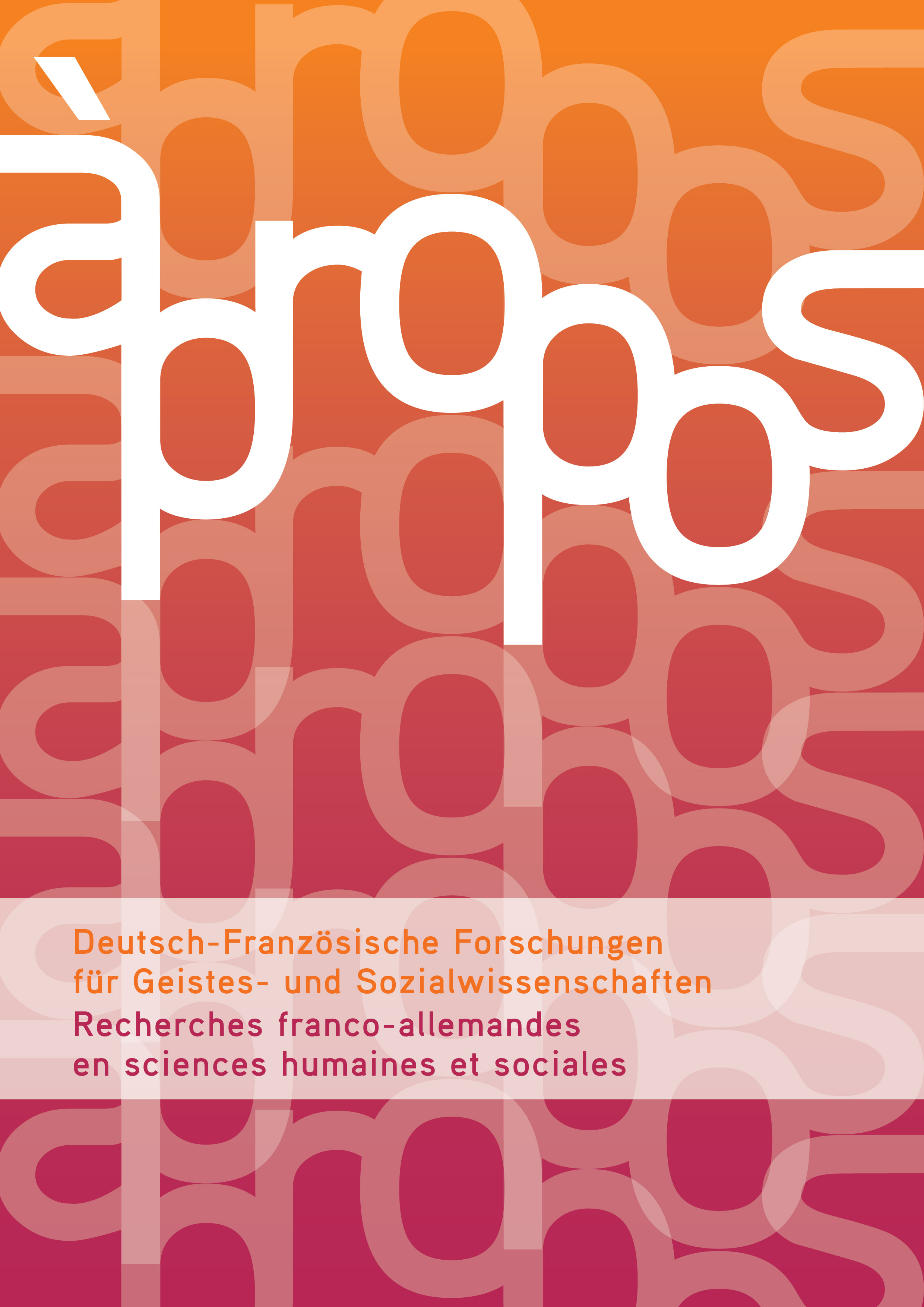Publikationen
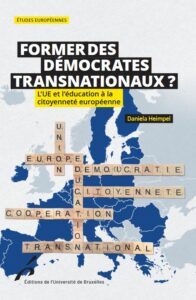
Former des démocrates transnationaux ?
L'UE et l'éducation à la citoyenneté européenne
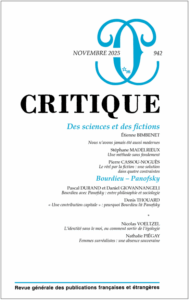
Des sciences et des fictions: Bourdieu – Panofsky
Critique n°942

Écrits sur Rodin – Georg Simmel
Édités par Denis Thouard et Matthieu Amat
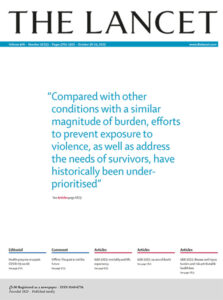
Asthenia among concentration camp survivors in post-war France

La peur de devenir footballeur
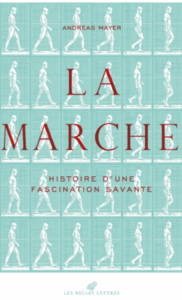
La Marche
Histoire d'une fascination savante (1770-1914)
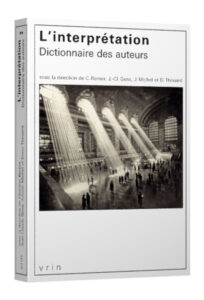
L’interprétation. Dictionnaire des auteurs

S’appuyant sur divers cas d’étude, de la gestion de la crise
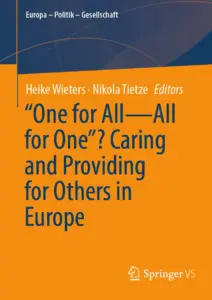
One for All – All for One”?
Caring and Provinding for Others in Europe.
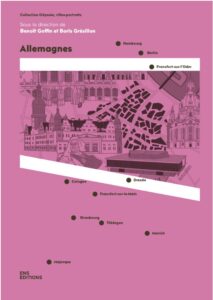
Allemagnes
Strasbourg, Berlin, Hambourg, Cologne, Majorque, Francfort-sur-le-Main, Tübingen, Munich, Dresde, Francfort-sur-l’Oder

Jean Hyppolite. Studien über Marx und Hegel
Originaltitel (französisch): Études sur Marx et Hegel
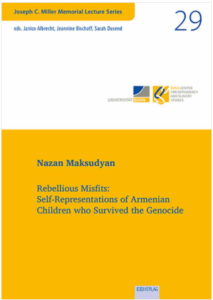
Rebellious Misfits: Self-Representations of Armenian Children who Survived the Genocide
Die Zeitschrift À propos bringt Forschende aus verschiedenen Disziplinen der Geistes- und Sozialwissenschaften miteinander ins Gespräch über wichtige und aktuelle Themen der Forschung in Deutschland und Frankreich. À propos wird herausgegeben vom Centre Marc Bloch und einem Netzwerk weiterer deutsch-französischer Forschungseinrichtungen.
